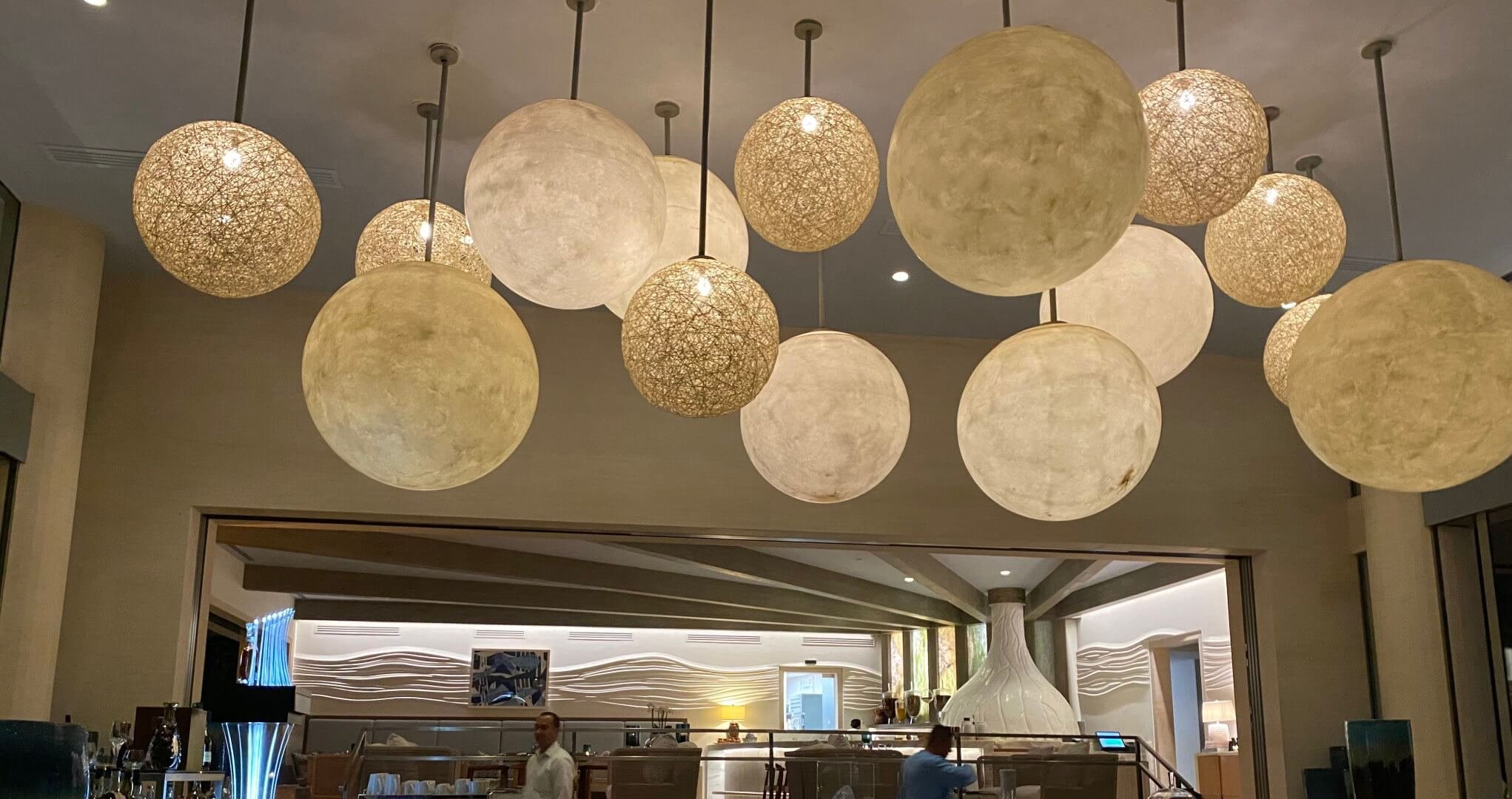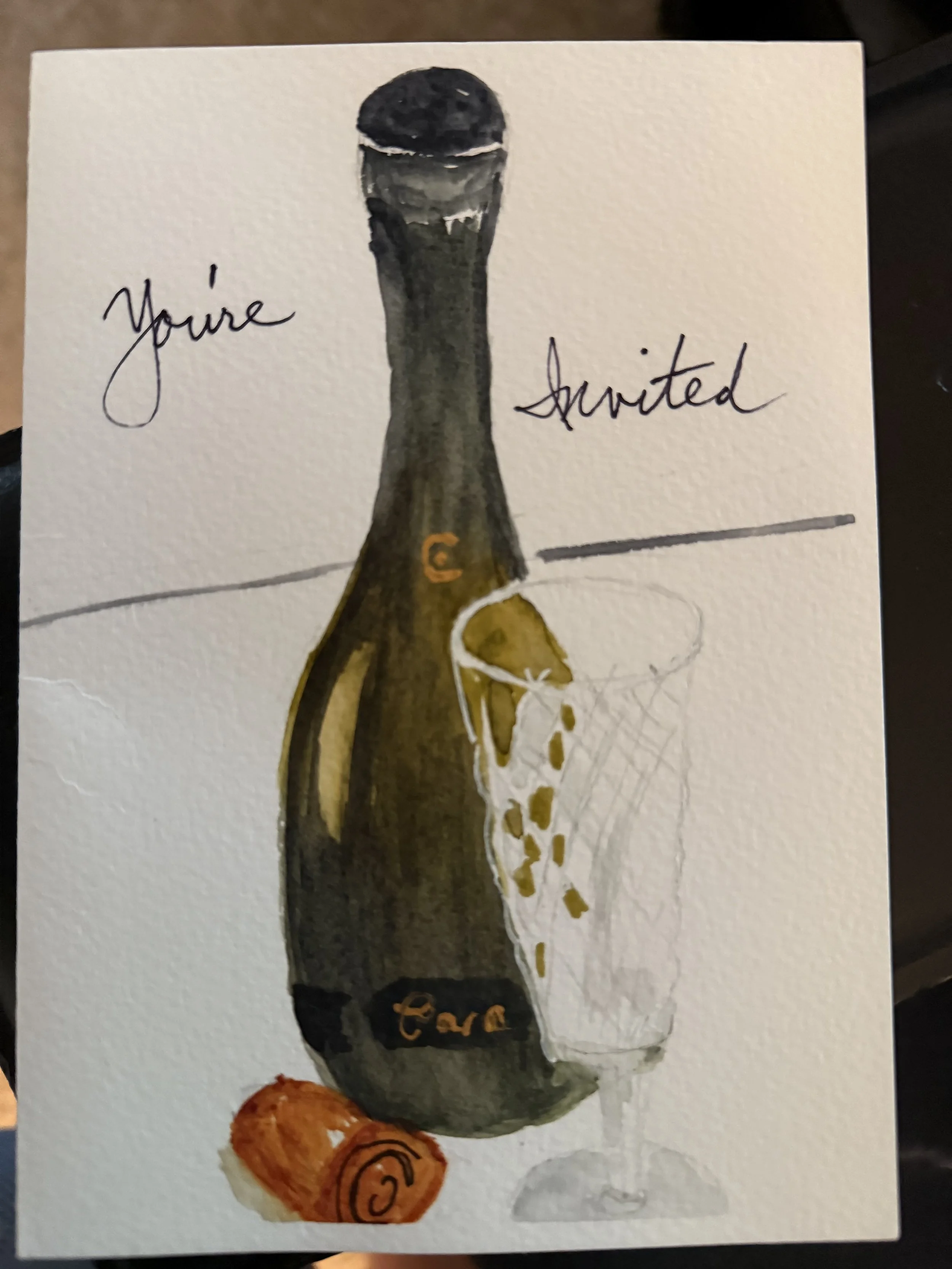When partner opens the bidding with a Major, if we have a fit for their suit we have accomplished our goal of locating a Major suit fit. We need a lot of ways to show partner this fit.
One of our most commonly used tools for determining if we should bid slam or not is Keycard Blackwood. The most popular version of this is 1430 Keycard. This tool allows us to exchange a lot of useful information with partner. We attempt to determine how many of the 5 Keycards we have, plus we also hope to be able to determine if we have the Queen of the trump suit. When ♠ is the trump suit, then we have plenty of bidding space to communicate, but when lower-ranking suits are the trump suit, using 4NT to ask for Keycards leaves us little room to exchange information without getting the auction too high. To fix this problem, some partnerships use Minorwood for their minor suit Keycard auctions, but this does not solve our problem in the ♥ suit. There is another approach, called Kickback, that tries to solve this problem. Let’s see how this works.

In an Ace-asking auction, when we make the follow-up bid to ask partner about their Kings, we usually do so to investigate a grand slam (though some partnerships do this in order to determine if 6NT is good contract). Most partnerships start with the agreement that they answer this question by showing their number of Kings. But sometimes, a Grand Slam is not about partner having 2 or 3 Kings, but about them having the right single King. This “right King” is often the one opposite our long suit – allowing us to produce a large number of tricks. To get this information, many partnerships evolved their King-showing methods from “number of Kings” to “Specific Kings.” Here we look at how we can use Specific Kings in a variety of our Ace-asking auctions.

When we move from playing Blackwood to Keycard Blackwood, we improve our slam bidding by including a discussion of the trump King and Queen. Playing Keycards (let’s say 1430), then partner’s answer to our 4NT ask sometimes tells us if they hold the trump Queen and other times does not. In the latter case we need to be able to ask partner if they hold the trump Queen, as we do not want to bid a slam missing a Keycard and the trump Queen. Let’s look at how we ask partner about the trump Queen in a variety of different auctions.

Jacoby 2NT is a useful convention, but many players choose to try to improve it. The modern expert 2NT response to a 1M opening showing a limit raise or better (LR+), instead of game forcing, has many different inventors and advocates. In Europe, it is known as Limit Sternberg while in America, Larry Cohen popularized a similar approach. Let’s see how this works and how it can help improve our bidding. This one is fun for system bidding fans!

Important Competitive Bidding Webinars





